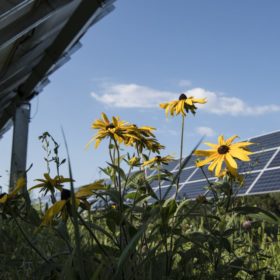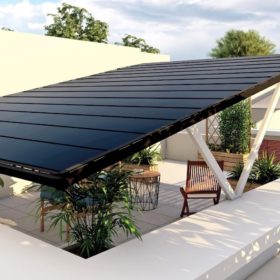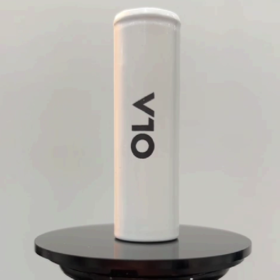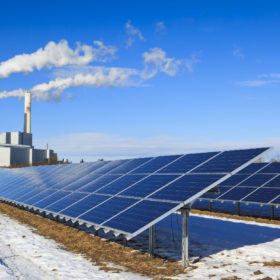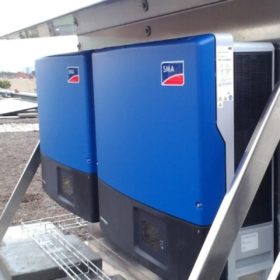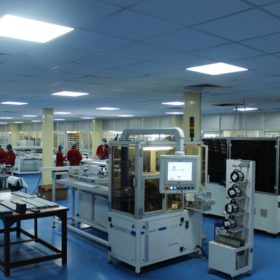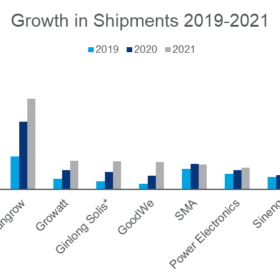Novel method to turn existing solar parks into agrivoltaic facilities
An international research team has developed a new methodology to increase levels of pollination at ground-mounted solar plants. It involves the development of new vegetated land cover below and around solar parks.
SunEdison brings Arka’s integrated solar roofs to Indian homes
SunEdison has partnered with Silicon Valley based startup Arka Energy to provide the Arka collection of solar roof and gazebo solutions in India. The collection is available in one hundred cities across the nation.
Ola to open battery cell R&D center next month
The electric mobility company will open its battery innovation center (BIC) in Bengaluru next month as it looks to build indigenous cell technology and manufacture Li-ion cells in India at scale.
Former ReneSola chief now Pennar Industries’ solar modules business head
Hyderabad-headquartered Pennar Industries has appointed ReneSola’s former India head, Pradeep Sangwan, to lead its solar modules business. In his most recent role, Sangwan was the country head for Econess Energy—a China-based PV cells and modules manufacturer.
Solar power costs continued to fall in 2021, despite rising panel prices
The average global price of solar kilowatt-hours fell 13% on 2020’s prices, as around two-thirds of the renewables capacity installed last year was cheaper than the lowest-cost fossil fuel alternative.
Study confirms rule of thumb that PV inverters should run without faults for around 15 years
A new study by Bern University of Applied Sciences shows that the performance of most PV inverters and power optimizers remains optimal for up to 15 years. The inverters considered came mainly from the manufacturers Fronius, Sputnik, and SMA and most of the power optimizers examined came from Solaredge.
Shipping costs remain key challenge for solar sector
The solar industry will face elevated shipping costs and supply disruptions for at least another year until the global ocean freight system starts to normalize.
Gautam Solar hits 100 MW of DCR solar module sales
The Delhi-based solar manufacturer has supplied 100 MW of modules to projects set up under the Ministry of New and Renewable Energy schemes mandating domestic content requirement (DCR).
Emmvee eyes early-mover advantage with wafer-to-module production
Bengaluru-based Emmvee Photovoltaic has a 1.25 GW module manufacturing facility that can produce polycrystalline and mono PERC solar panels, with the ability to upgrade to TOPCon. By the end of 2023, it will raise its module capacity to 3 GW by adding new units, including 1.5 GW of wafer-to-module capacity. Suhas Donthi, director-sales and operations, spoke to pv magazine about current demand for Indian manufacturers and what’s in store.
Huawei tops inverter supply rankings for 2021
China’s Huawei has been named the world’s biggest inverter supplier for the seventh year in a row, followed by Sungrow and Growatt, according to Wood Mackenzie.
